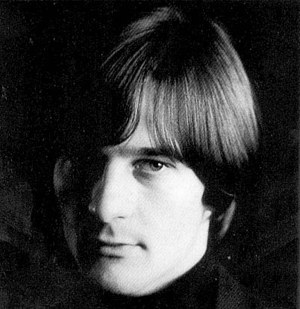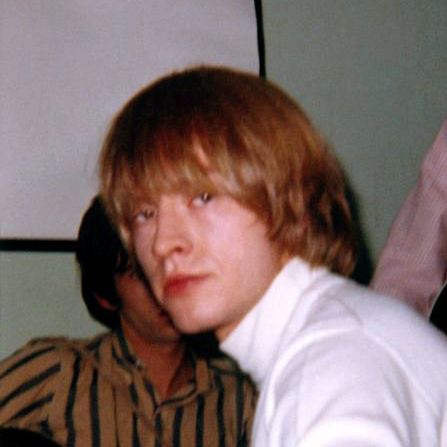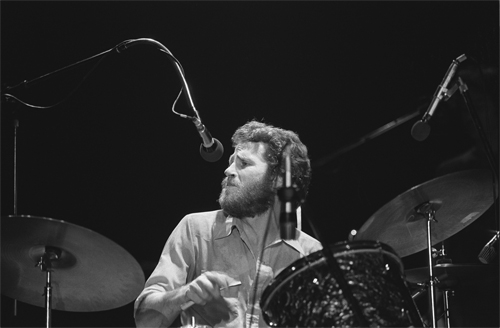In the copious annals of awful lyrics, few can measure up to Jim Morrison. Ironically, Morrison considered himself a poet, and had books of his poems published separately.
Pretension makes bad poetry worse.
The Doors had three legitimately memorable original songs: “Light My Fire,” “Love Me Two Times,” and “Love Her Madly.” None were written by Morrison. All were by Robby Krieger, the guitarist, whom nobody ever noticed. Yet Morrison is remembered as the dark genius behind the band. It was all hype and self-promotion.
Consider the Morrison classic "Riders on the Storm," the last song he recorded before killing himself in Paris with a heroin overdose:
Riders on the storm
Riders on the storm
Into this house we're born
Into this world we're thrown
Like a dog without a bone
An actor out alone
Riders on the storm
An expression of existential angst: “like a dog without a bone.” Geez, that's deep. We are all here just to have our urges satisfied.
An what does “An actor out alone” mean? Surely it is just a self-evident commonplace?
There's a killer on the road
His brain is squirmin' like a toad
Take a long holiday
Let your children play
If ya give this man a ride
Sweet memory will die
Killer on the road, yeah
Referring to brains or mind in a poem is always pretentious. Cheap fake profundity. Brains do not squirm; he could have made it work easily enough by writing “His brain is like a squirmin' toad.” But he was too stupid or literal-minded to see the difference.
The reference to a “killer on the road” sounds like a cheap B-flick thriller. Pulling up the image of a toad just makes it sillier. Cheap thrills.
Then what does this have to do with the next two lines, about going on holiday? And memories kind of by definition do not die. So what is he talking about?
Girl ya gotta love your man
Girl ya gotta love your man
Take him by the hand
Make him understand
The world on you depends
Our life will never end
Gotta love your man, yeah
And what does avoiding hitchhikers have to do with loving your boyfriend? Just sounds like Morrison is suddenly asking for sex. Using a cheap manipulative trick: “It's a dangerous world out there, according to me, so snuggle up to me and I'll protect you.”
Wanna feel his toad?
Note the awkward phrasing of “the world on you depends.” We see a painful stretch to make a rhyme that was not worth making: it is not as though “Our life will never end” was some great line, some deep sentiment. It means nothing in this context.
An that's as much effort as Morrison is prepared to put in. The rest is repetition.
Yeah!
Riders on the storm
Riders on the storm
Into this house we're born
Into this world we're thrown
Like a dog without a bone
An actor out alone
Riders on the storm
Riders on the storm
Riders on the storm
Riders on the storm
Riders on the storm
Riders on the storm
Awful stuff. A lousy little poet coming round trying to sound like Charlie Manson.
















